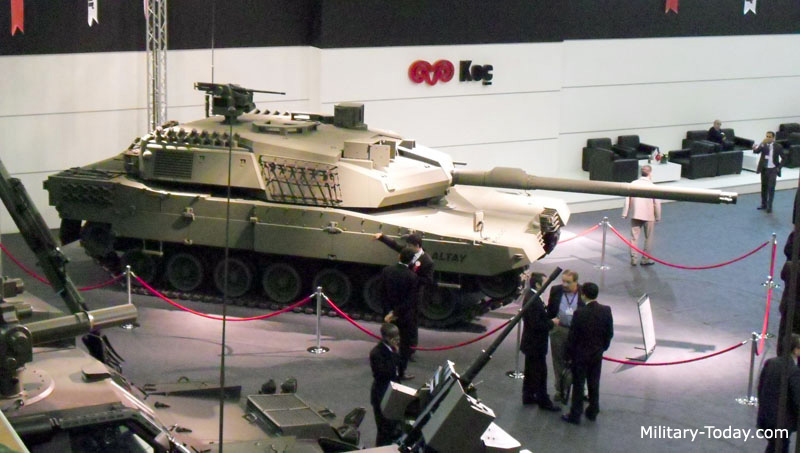
Posted on 08/11/2014 11:53:15 AM PDT by sukhoi-30mki
TOKYO -- Nearly three months after lifting its long-standing arms embargo, Japan recently approved plans to supply missile parts to the U.S. and conduct joint military research with a British company. Behind the scenes, however, there was a deal that fell through.
Under new guidelines governing the transfer of defense equipment and technology, Prime Minister Shinzo Abe on July 17 convened the National Security Council to look into two applications submitted by private companies.
One was Mitsubishi Heavy Industries' request for permission to export seeker gyros used in Patriot surface-to-air missiles to the U.S. The other involved Mitsubishi Electric, which was seeking approval for joint study with U.K. missile maker MBDA to boost the accuracy of Meteor missiles for use in the F-35 stealth fighter.
Japan had in principle banned arms exports since 1976, but Abe relaxed the old guidelines in April to allow defense equipment and related technology to be shipped abroad on the condition that they can be of use to Japan's national security.
The new guidelines include three rules: Japanese weapons shall not be supplied to countries that violate United Nations resolutions and those engaged in conflicts; arms exports will be only endorsed after going through strict screening; and the transfer of equipment and technology to third countries must only happen with prior consent from Japan. The National Security Council gave the green light to the submitted requests after concluding they met the three requirements.
But "there was one more case that could have been included," a government source said. He was referring to a tank engine export deal with Turkey scrapped early this year.
Rules are rules
When Abe visited Turkey in May last year, his Turkish counterpart Recep Tayyip Erdogan requested for use of Mitsubishi Heavy's engine technology in the country's combat tanks. Turkey has been working to develop the Altay, a next-generation, indigenous battle tank. Erdogan proposed Mitsubishi Heavy set up a joint venture with a Turkish company for the production of Altay engines.
Turkey and Japan have long been on amicable terms. It is also a member of U.S.-led NATO. And Abe is personally close to Erdogan. Naturally, the Japanese leader was in favor of building defense cooperation with Turkey.
But the deal hit a wall when Ankara told Tokyo it was looking into the possibility of selling its tanks to Islamic countries, including Pakistan and Azerbaijan, which are currently engaged in conflict. Japan could not agree to such terms. Turkey would not accept the "prior consent" requirement for the transfer to third countries. The deal fell through in February. "It cannot be helped," Abe said.
Turkey is developing the Altay, a next-generation tank. Japan had another concern. "Turkey was trying to approach China to strengthen its national security," said a Japanese official familiar with talks over the Turkey deal. "That worried us."
Seeing Iran as a missile threat, Turkey announced in September that it will enter talks with China Precision Machinery Import-Export Corp. to build a missile-defense system.
The move shocked NATO, as it was preparing to build an integrated air-defense system within its members to put Russia in check. It feared Turkey's partnership with a Chinese defense contractor could cause a leakage of sensitive military information on the Western alliance.
Japan was developing similar jitters. Closer ties between Turkey and China would mean the higher risk of leaks on Japan's technology to China. A Japanese government official acknowledged that China is one reason that aborted the Turkey deal.
Sustainability threat
Japan has opened the way for arms exports as a way of bringing down costs of its defense industry. The country's defense companies have long done business only with its Self-Defense Forces. Making defense equipment is expensive. The government feared that if the SDF remained the only customer for Japanese arms manufacturers, the business would become unsustainable and eventually threaten national security.
But selling weapons in Turkey and other emerging countries is not easy. China is also stepping up its presence in these markets. It would cost Japan's security dearly if its technology is leaked to China through these countries.
This explains why the U.S. and U.K. became the first destination of Japan's arms exports under the new guidelines. "We have no doubt that they will manage Japan's technology with great care," said a senior official with the Ministry of Defense. The remark highlights a challenge Japan faces in exporting arms to emerging countries.
Nikkei staff writer Yukio Tajima contributed to this article.

Turkey has gone over to the dark side, might was well ditch them from NATO.
Why worry about tanks when they are supposedly so last century? Super duper drones, missiles, blah blah blah.....
Disclaimer: Opinions posted on Free Republic are those of the individual posters and do not necessarily represent the opinion of Free Republic or its management. All materials posted herein are protected by copyright law and the exemption for fair use of copyrighted works.